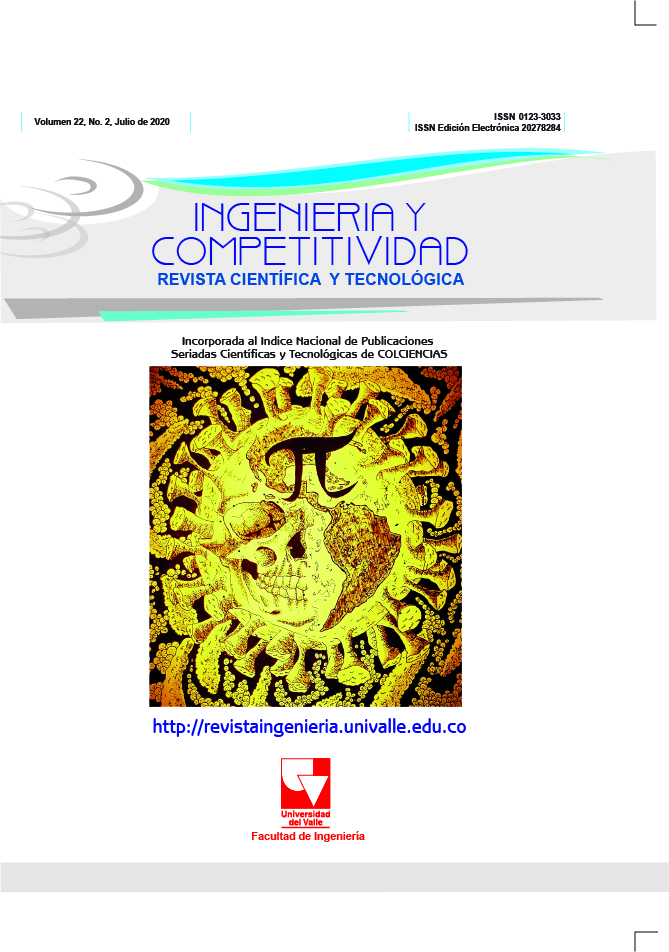Mitigar la propagación de la COVID-19: un desafío y una oportunidad
Palabras clave:
COVID-19, CuarentenaContenido principal del artículo
Dear Editor,
The Colombian government declared the quarantine for all the population since 25th March, 2020 as a measure to mitigate the expansion of COVID-19 in the country. Nevertheless, this restrictive measure showed early some opposite consequences to its purpose. As observed in other countries, the restriction measure caused a mass purchase of products, formation of crowds in grocery, department stores and local markets. The fear of shortage also caused exhaustion of products, long journeys and accumulation of large numbers of people in stores, bank offices and ATMs.
Downloads

Esta obra está bajo una licencia internacional Creative Commons Atribución-NoComercial-CompartirIgual 4.0.
Los autores que publican en esta revista están de acuerdo con los siguientes términos:
Los autores ceden los derechos patrimoniales a la revista y a la Universidad del Valle sobre los manuscritos aceptados, pero podrán hacer los reusos que consideren pertinentes por motivos profesionales, educativos, académicos o científicos, de acuerdo con los términos de la licencia que otorga la revista a todos sus artículos.
Los artículos serán publicados bajo la licencia Creative Commons 4.0 BY-NC-SA (de atribución, no comercial, sin obras derivadas).

